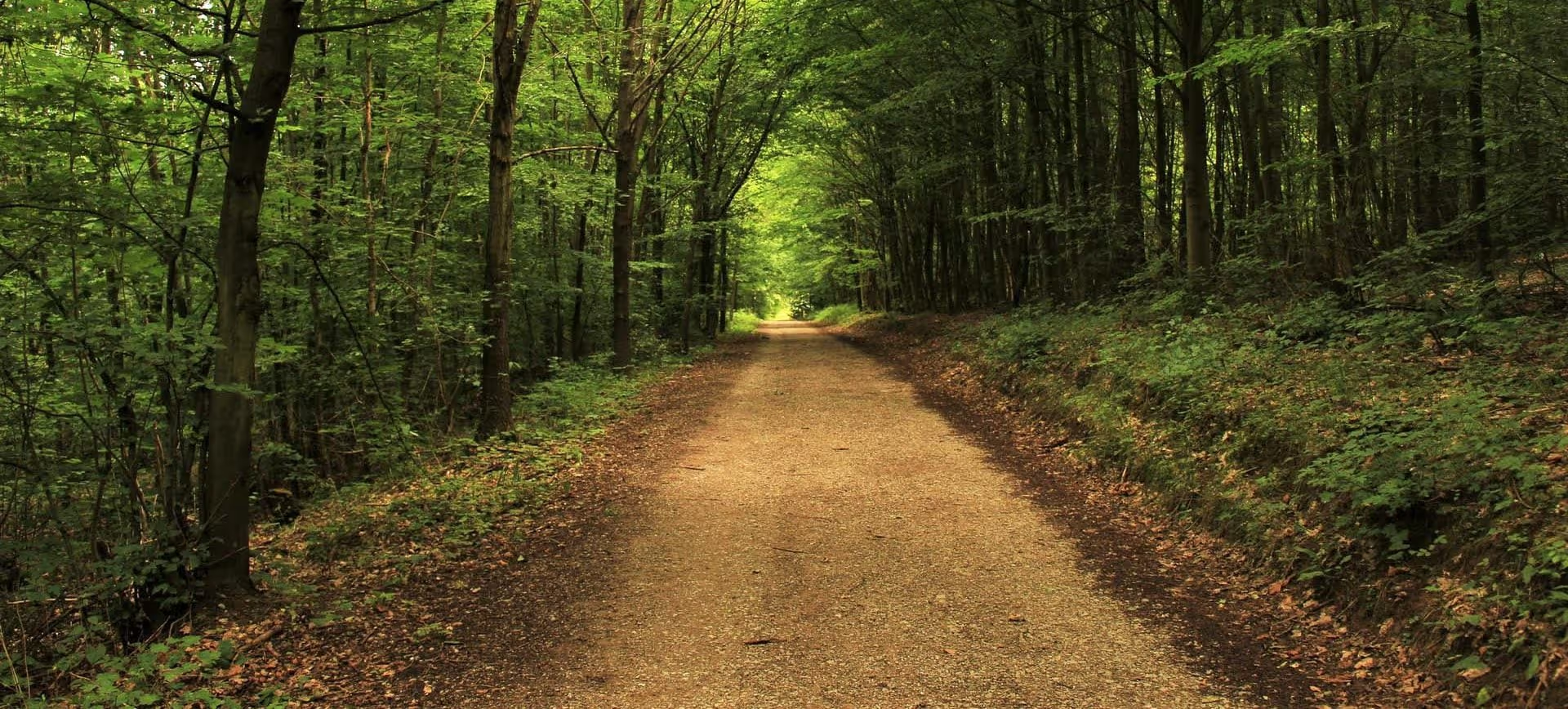The Science Behind the Benefits of Outdoor Therapy

As the pace of modern life accelerates and stressors multiply, the quest for effective therapeutic interventions grows more important than ever. Enter Outdoor Therapy, a dynamic approach that merges the proven benefits of traditional counselling with the healing power of nature.
Backed by scientific research, outdoor therapy offers clients a unique and impactful journey towards improved mental and emotional well-being.
The concept of using nature as a therapeutic backdrop isn't new, but recent scientific studies have unveiled the profound impact it can have on the counselling process. Nature has an innate ability to soothe, inspire and restore, making it an ideal setting for self-exploration and healing. Engaging in counselling sessions outdoors takes advantage of this natural synergy, offering clients a holistic and transformative experience.
One of the key benefits of outdoor therapy is its remarkable ability to reduce stress and induce relaxation. A study published in the "International Journal of Environmental Research and Public Health" in 2019 demonstrated that spending time in natural environments significantly lowers cortisol levels - the hormone associated with stress. This reduction in cortisol not only leads to a sense of calm but also paves the way for clearer thinking and better emotional regulation during counselling sessions.
The serene and ever-changing surroundings of nature naturally encourage mindfulness. Research published in the "Journal of Environmental Psychology" found that spending time outdoors enhances cognitive function; particularly attention and focus. In outdoor therapy, clients can engage in mindfulness exercises more effortlessly, leading to increased self-awareness and a deeper connection to their inner selves. This heightened awareness can help clients better understand their thoughts, emotions and triggers, leading to more effective therapeutic outcomes.
Nature's tranquility and expansiveness create a safe haven for emotional expression. A study conducted by the University of Derby and the Wildlife Trusts discovered that outdoor therapy encourages clients to open up and share their emotions more freely. The soothing ambiance of natural settings can ease feelings of vulnerability, making clients more comfortable discussing challenging topics. This emotional release not only fosters a stronger therapeutic alliance but also facilitates the processing of unresolved emotions.
Engaging with nature has been linked to improved mental clarity and creative thinking. A study published in "PLOS ONE" in 2014 found that spending time in nature enhanced cognitive function and boosted creative problem-solving skills by up to 50%. This cognitive rejuvenation can enhance clients' ability to gain new perspectives on their challenges and generate innovative solutions. Furthermore, outdoor therapy often involves physical movement, releasing endorphins and contributing to an overall sense of well-being.
Outdoor therapy nurtures the relationship between individuals and their environment, fostering a deeper connection to both nature and themselves. Research published in "Psychotherapy: Theory, Research, Practice, Training" highlighted that interacting with natural environments can lead to increased feelings of connectedness and spirituality. In the context of therapy, this connection can translate into clients feeling more grounded and supported as they navigate their personal journeys.
Outdoor therapy embodies a holistic approach that recognizes the interconnectedness of mind, body and environment. This approach aligns with emerging research in the field of ecopsychology, which explores the relationship between human well-being and the natural world. By integrating the outdoors into the therapeutic process, clients experience a comprehensive form of healing that addresses various aspects of their lives.
Outdoor therapy often involves activities like walking, which can create a unique atmosphere for fostering a strong client-counsellor bond. Research published in the "Journal of Consulting and Clinical Psychology" found that clients who engage in outdoor therapy reported higher levels of satisfaction and a stronger therapeutic alliance. The shared experience of being in nature can break down barriers and promote a sense of companionship, leading to more productive counselling sessions.
As the mental health landscape continues to evolve, outdoor therapy stands as a beacon of hope and innovation. It's scientifically proven benefits, from stress reduction to enhanced focus, emotional expression to holistic healing, underscore its potential to revolutionize the counselling experience.
The merging of traditional therapeutic techniques with the healing power of nature has sparked a new era in counselling. The scientifically proven benefits of outdoor therapy, offer clients a pathway to reduced stress, enhanced mindfulness, self-discovery, personal growth, emotional release and emotional well-being. With the evidence in hand, it's time to step outside and embrace the boundless possibilities of outdoor therapy.
